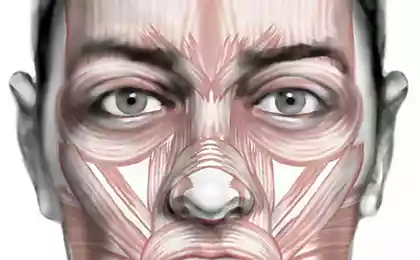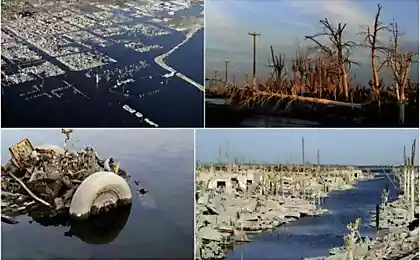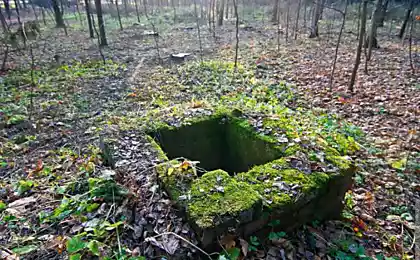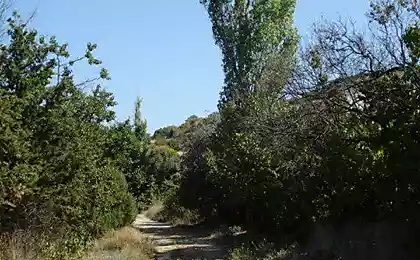1166
Flooded Argentine village
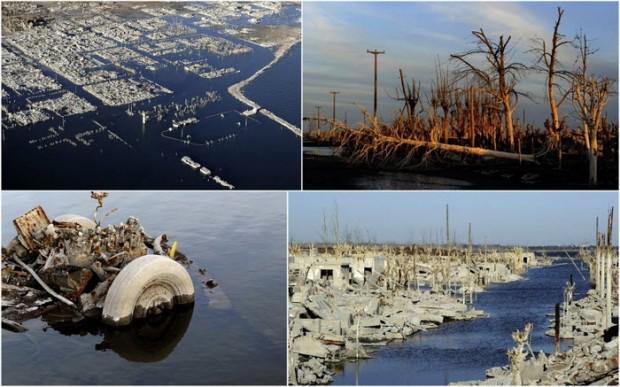
In anticipation of the impending end of the world naturally recall the city that already had a chance to survive the apocalypse local scale. One such dead cities - Villa Epecuen resort, located 600 km from Buenos Aires (Argentina). It was built in the 1920s, but after half a century has become extremely popular with tourists, because there was an opportunity to relax in the unique salt lake Lago Epecuen. Today, at the site of the village - only ruins, 25 years ago, she went under water as a result navodneniya.
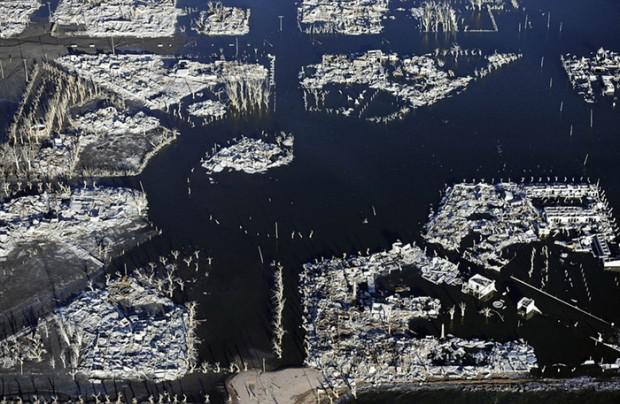
Lago Epecuen knowingly become a tourist mecca, it has a truly unique properties. The lake is ten times saltier than any ocean, and only slightly inferior to the Dead Sea. Therapeutic properties of water has long been known: come here to treat depression, rheumatism, skin diseases, anemia and even diabetes diabet.
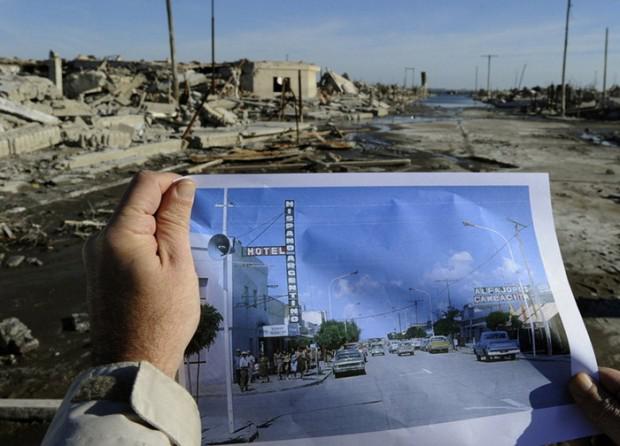
The first inhabitants settled in the village Epecuen in the late 19th century, the settlement grew quickly. There have been rail connections to Buenos Aires, and soon travelers from South America have flooded the Argentine kurort.
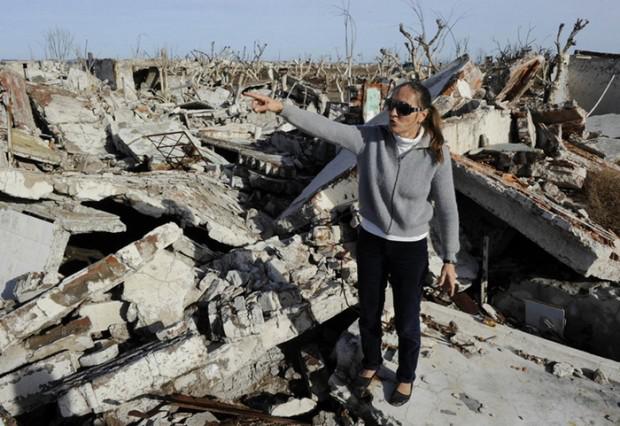
In the middle of the 20th century here on vacation every year attracts about 2.5 million people in 1970 lived in the village for more than five thousand people, employed about 300 companies, including hotels, hostels, swimming pools, shops and muzei.
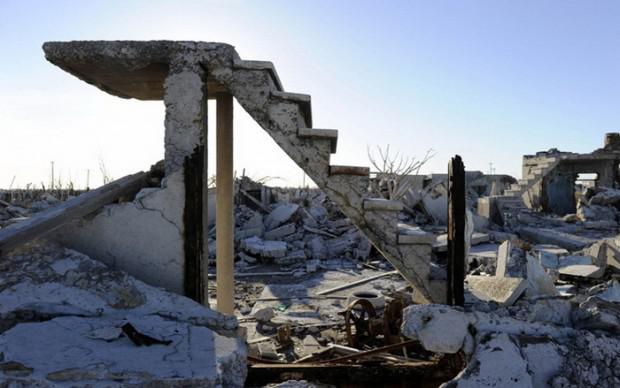
However, nature has not been kind to this end. Gradually, because of the increased rainfall the water level in the lake rose, this led to the fact that the November 10, 1985 a huge stream of salt water dam broke and flooded a large part of the settlement. By 1993, the village was washed away Epecuen from the earth, the water level was 10 meters. Only in 2009 due to the gradual change in the climatic conditions of the water began to recede, and the ruins were visible gorodka.
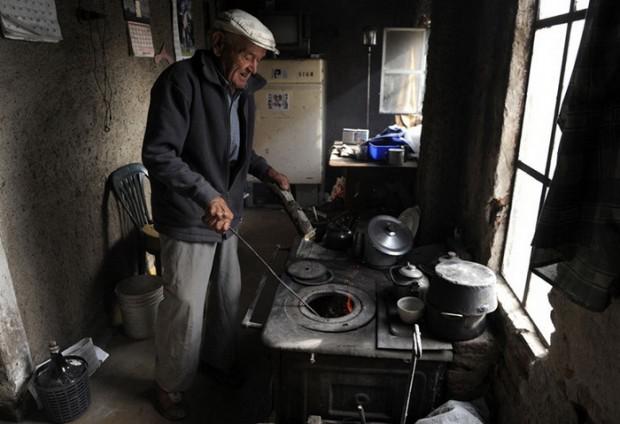
By the way, a thousand natives Villas Epecuen return to the native land wanted only one, 81-year-old Pablo Novak. He has several years of living here alone, reading the newspaper and recalls thriving village three decades ago.
Source: www.kulturologia.ru/blogs/191212/17543/


